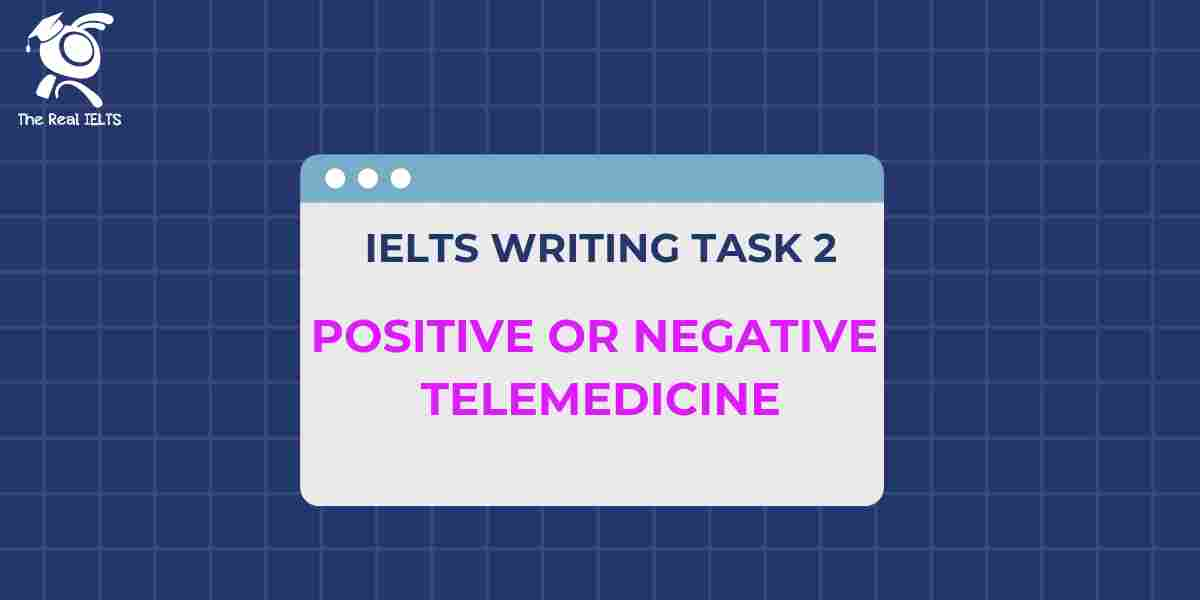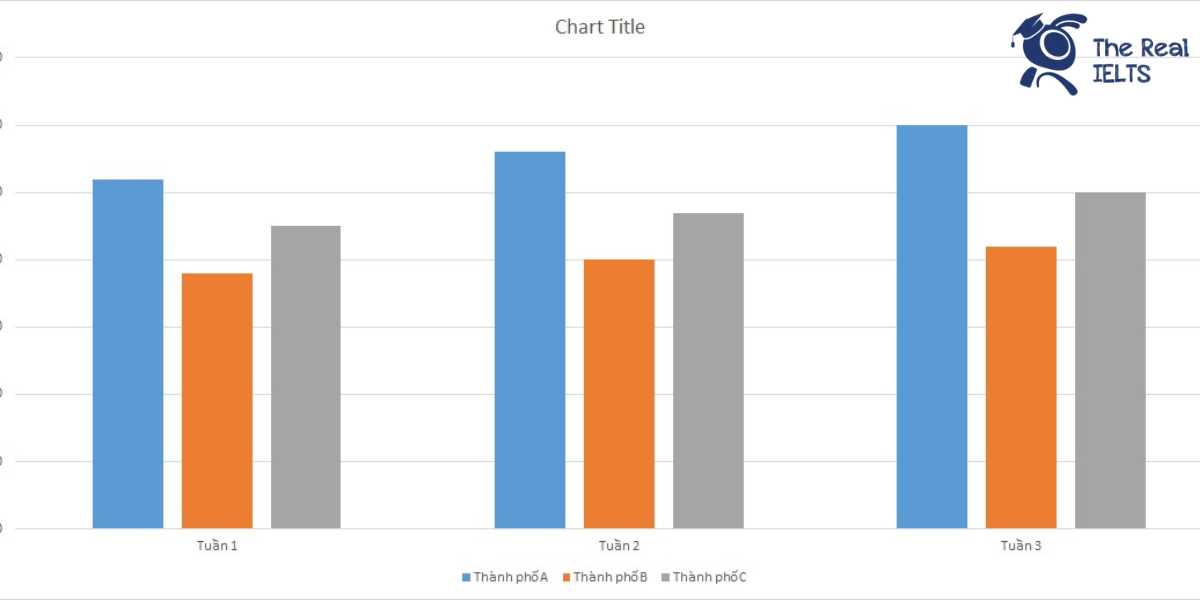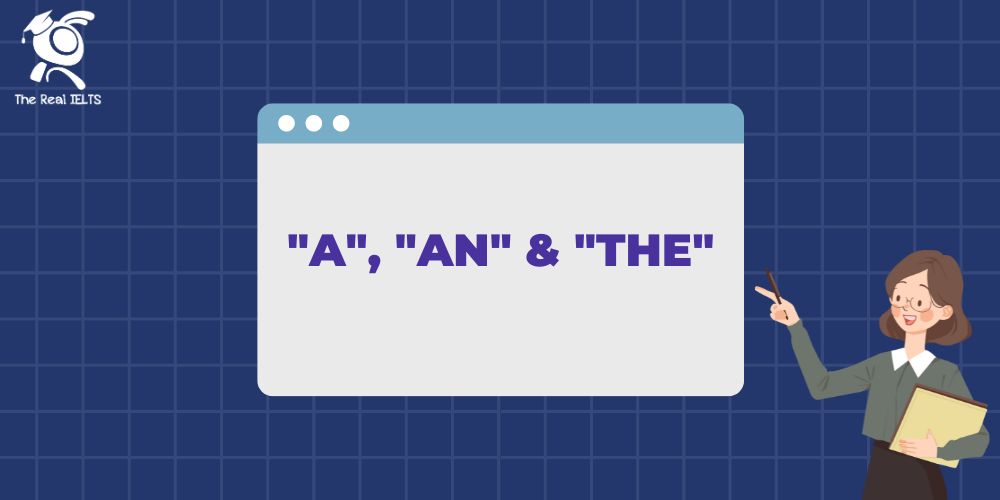Đề bài IELTS Writing Task 2 dạng Positive or Negative telemedicine
You should spend about 40 minutes on this task
The rise in the use of telemedicine and virtual doctor visits. Do you think this is a positive or negative development?
Write at least 250 words.
Giải mẫu IELTS Writing
The advent of telemedicine and virtual doctor visits has revolutionized the healthcare industry, particularly in the wake of the COVID-19 pandemic. This essay examines whether this trend is a positive or negative development. While there are compelling arguments on both sides, I contend that the rise of telemedicine is predominantly a positive development, though not without its challenges.
Firstly, telemedicine enhances accessibility to healthcare services. In remote or underserved areas where healthcare facilities are scarce, virtual consultations bridge the gap between patients and healthcare providers. This increased accessibility ensures that more individuals can receive timely medical advice and treatment, potentially improving overall public health outcomes. For example, patients with chronic conditions can regularly consult their doctors without the need to travel long distances, thus maintaining better control over their health.
Secondly, telemedicine offers significant convenience and efficiency. Patients can schedule and attend appointments from the comfort of their homes, saving time and reducing the need to take time off work. This convenience is particularly beneficial for those with mobility issues or those who require frequent consultations. Additionally, virtual visits can often be scheduled more quickly than in-person appointments, leading to faster diagnosis and treatment.
Moreover, telemedicine can reduce healthcare costs for both providers and patients. Healthcare providers can lower overhead costs associated with maintaining physical offices, while patients save on travel expenses and time away from work. This cost-efficiency can make healthcare more affordable and accessible to a broader segment of the population.
However, it is essential to acknowledge the limitations and potential drawbacks of telemedicine. One significant concern is the quality of care in virtual consultations. Certain medical conditions require physical examinations, which are not possible through a screen. This limitation can lead to misdiagnosis or delayed diagnosis, particularly in cases requiring a hands-on approach.
Additionally, the reliance on technology can be a barrier for some individuals, particularly the elderly or those without access to reliable internet connections. This digital divide can exacerbate existing health disparities, leaving some populations underserved.
In conclusion, while the rise of telemedicine and virtual doctor visits presents several challenges, the overall benefits outweigh the drawbacks. Enhanced accessibility, convenience, and cost-efficiency make telemedicine a valuable complement to traditional healthcare services. However, it is crucial to address the limitations to ensure that all individuals can benefit from this technological advancement in healthcare.
Thống kê cấu trúc câu và cấu trúc ngữ pháp
- Câu phức (Complex sentences):
- “While there are compelling arguments on both sides, I contend that the rise of telemedicine is predominantly a positive development, though not without its challenges.”
- “This increased accessibility ensures that more individuals can receive timely medical advice and treatment, potentially improving overall public health outcomes.”
- “For example, patients with chronic conditions can regularly consult their doctors without the need to travel long distances, thus maintaining better control over their health.”
- “Patients can schedule and attend appointments from the comfort of their homes, saving time and reducing the need to take time off work.”
- “Certain medical conditions require physical examinations, which are not possible through a screen.”
- “This limitation can lead to misdiagnosis or delayed diagnosis, particularly in cases requiring a hands-on approach.”
- “Additionally, the reliance on technology can be a barrier for some individuals, particularly the elderly or those without access to reliable internet connections.”
- “This digital divide can exacerbate existing health disparities, leaving some populations underserved.”
- Câu ghép (Compound sentences):
- “Firstly, telemedicine enhances accessibility to healthcare services.”
- “Secondly, telemedicine offers significant convenience and efficiency.”
- “Moreover, telemedicine can reduce healthcare costs for both providers and patients.”
- “However, it is essential to acknowledge the limitations and potential drawbacks of telemedicine.”
- “In conclusion, while the rise of telemedicine and virtual doctor visits presents several challenges, the overall benefits outweigh the drawbacks.”
- “Enhanced accessibility, convenience, and cost-efficiency make telemedicine a valuable complement to traditional healthcare services.”
- Câu đơn (Simple sentences):
- “Telemedicine enhances accessibility to healthcare services.”
- “This increased accessibility ensures that more individuals can receive timely medical advice and treatment.”
- “Telemedicine offers significant convenience and efficiency.”
- “Telemedicine can reduce healthcare costs for both providers and patients.”
- “It is essential to acknowledge the limitations and potential drawbacks of telemedicine.”
- Câu điều kiện (Conditional sentences):
- “If certain medical conditions require physical examinations, this limitation can lead to misdiagnosis or delayed diagnosis.”
- “If the reliance on technology can be a barrier for some individuals, particularly the elderly or those without access to reliable internet connections, this digital divide can exacerbate existing health disparities.”
Từ kết nối các câu và các đoạn:
- Liên từ chỉ thời gian và sự kiện:
- “Firstly” (Thứ nhất)
- “Secondly” (Thứ hai)
- “Moreover” (Hơn nữa)
- “Additionally” (Ngoài ra)
- “However” (Tuy nhiên)
- “In conclusion” (Kết luận)
- Liên từ chỉ lý do và kết quả:
- “While” (Mặc dù)
- “Thus” (Do đó)
- “Particularly” (Đặc biệt)
- “Particularly in cases requiring a hands-on approach” (Đặc biệt trong các trường hợp cần phương pháp thực hành)
- “Particularly beneficial for those with mobility issues” (Đặc biệt có lợi cho những người có vấn đề di chuyển)
- Liên từ chỉ sự tương phản và bổ sung:
- “Though” (Mặc dù)
- “Not without” (Không phải không có)
- “Even though” (Dù cho)
- “But” (Nhưng)
- Liên từ chỉ ví dụ:
- “For example” (Ví dụ)
Các từ vựng tiếng Anh cần lưu ý trong bài viết
- The advent of – Sự ra đời của
- Telemedicine – Y tế từ xa
- Virtual doctor visits – Các cuộc thăm khám bác sĩ ảo
- Revolutionized – Cách mạng hóa
- Healthcare industry – Ngành y tế
- COVID-19 pandemic – Đại dịch COVID-19
- Positive or negative development – Sự phát triển tích cực hay tiêu cực
- Predominantly – Chủ yếu
- Challenges – Thách thức
- Accessibility – Khả năng tiếp cận
- Healthcare services – Dịch vụ y tế
- Remote or underserved areas – Các khu vực xa xôi hoặc chưa được phục vụ tốt
- Bridge the gap – Thu hẹp khoảng cách
- Timely medical advice and treatment – Lời khuyên và điều trị y tế kịp thời
- Public health outcomes – Kết quả sức khỏe cộng đồng
- Chronic conditions – Các bệnh mãn tính
- Consultations – Các cuộc tư vấn
- Mobility issues – Vấn đề di chuyển
- Healthcare providers – Các nhà cung cấp dịch vụ y tế
- Overhead costs – Chi phí cố định
- Misdiagnosis – Chẩn đoán sai
- Delayed diagnosis – Chẩn đoán chậm trễ
- Hands-on approach – Phương pháp thực hành
- Reliance on technology – Sự phụ thuộc vào công nghệ
- Digital divide – Khoảng cách số
- Health disparities – Sự chênh lệch về sức khỏe
- Complement – Bổ sung
- Traditional healthcare services – Dịch vụ y tế truyền thống
- Technological advancement – Tiến bộ công nghệ
Đọc thêm các bài Luyện Thi IELTS khác trong link nhé.















